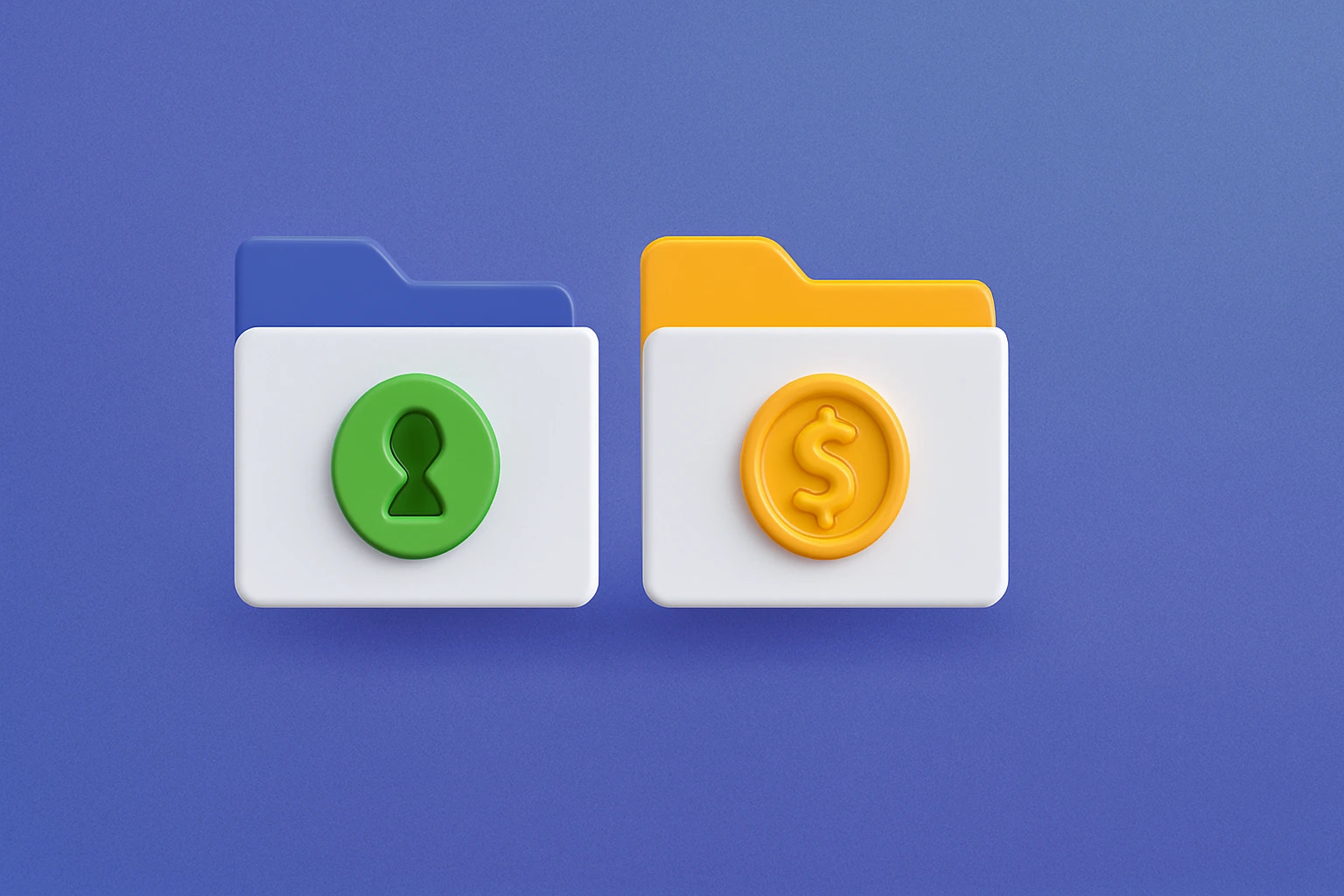The ERP Dilemma Facing Every School
Whether you’re a private school, a government institution, or a group of educational campuses, adopting the right school management software is critical. One of the biggest choices you’ll face is whether to go with a free open source ERP like GegoK12, or invest in a paid/proprietary solution. In this blog, we break down the differences between Open Source and Paid School ERP to help you make an informed, future-proof decision.
What Is Open Source School Management Software?
Open source software means the source code is freely available for use, modification, and distribution. In the case of school ERPs, platforms like GegoK12 provide complete flexibility without charging license fees.
Key Benefits of Open Source:
-
No recurring license fees
-
Highly customizable
-
Full control over your data
-
Community-driven improvements
-
No vendor lock-in
🧠 Learn more: The Complete Guide to Free Open Source School Management System Software
What Is Paid School Management Software?
Paid ERP solutions are built and maintained by private companies and typically require an annual or monthly subscription.
What You Get with Paid Software:
-
Turnkey setup
-
Pre-configured modules
-
Customer support (included in pricing)
-
Fewer customization options
However, this comes at a cost:
-
High annual subscription fees
-
Limited feature flexibility
-
Restricted access to core code
-
Forced upgrades and vendor dependency
Side-by-Side Comparison: Open Source and Paid School ERP
| Feature | Open Source ERP (e.g., GegoK12) | Paid ERP |
|---|---|---|
| License Cost | Free | Expensive ($500–$5,000/year) |
| Customization | Full access to source code | Limited |
| Support | Community or paid add-ons | Included |
| Ownership | You own your data and deployment | Vendor-controlled |
| Flexibility | Highly flexible modules | Fixed structure |
| Scalability | Easily scalable | May require upgrades |
| Security | Depends on self-hosting or config | Managed by vendor |
When to Choose Open Source
Choose GegoK12 or another Free Open Source School Management System Software if:
-
You need a budget-friendly solution
-
You want to customize features for your school’s workflow
-
You have an internal or outsourced tech team
-
You prefer full control over data and privacy
-
You’re managing multiple campuses or high student volumes
When to Choose Paid Software
Paid solutions work best when:
-
You need to launch quickly without technical setup
-
You prefer an out-of-the-box solution
-
Your institution is comfortable with recurring fees
-
You don’t need extensive feature customization
-
You’re okay with limited control over the backend
Case Example: Why an Indian CBSE School Switched to GegoK12
A mid-sized school in Tamil Nadu transitioned from a paid ERP to GegoK12 to avoid rising annual subscription costs. Their team was able to:
-
Customize the exam grading module
-
Integrate Aadhaar-based student IDs
-
Host the system securely on their own server
-
Save over ₹1.2 Lakhs annually in licensing fees
Final Verdict: Which One Is Right for You?
There’s no one-size-fits-all answer. Your decision depends on:
-
Budget
-
Tech capability
-
Customization needs
-
Control and ownership expectations
For many schools, GegoK12’s open source model strikes the perfect balance – flexible, scalable, and budget-conscious, with optional professional support.
Ready to Try a Free ERP That Gives You Full Control?
Switch to GegoK12 and empower your institution with flexible, cost-saving school ERP software.
📩 Request a Free Consultation
📞 Or Call: +91-9843190321

